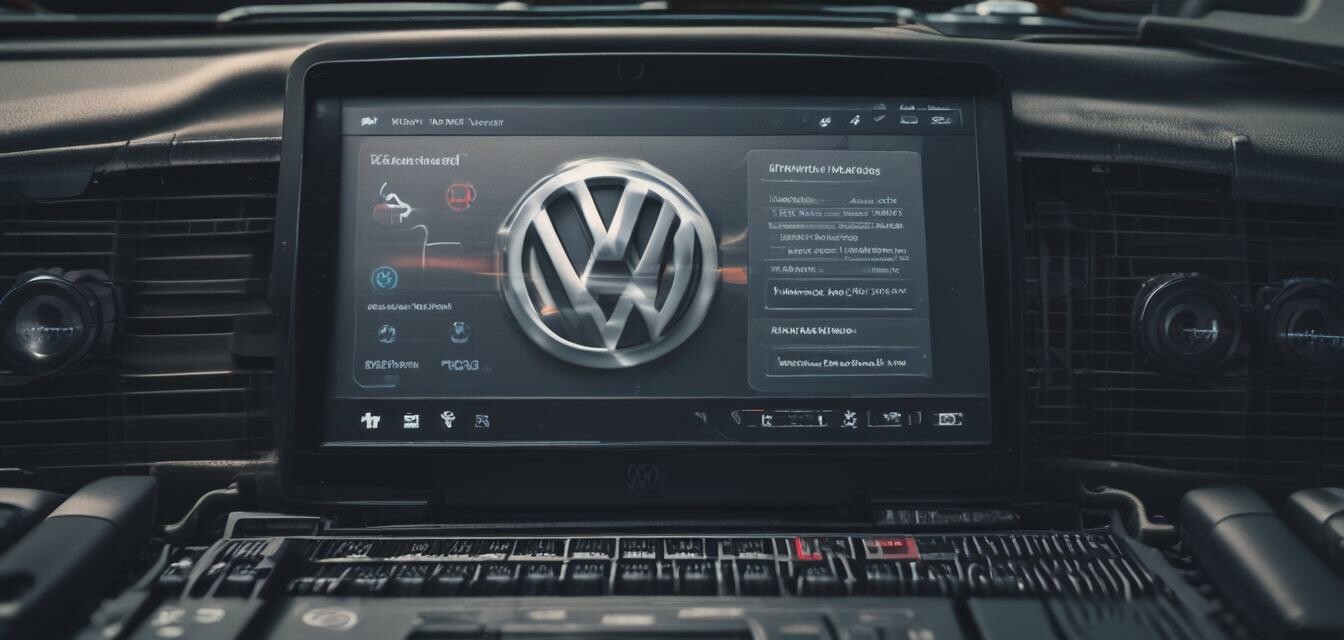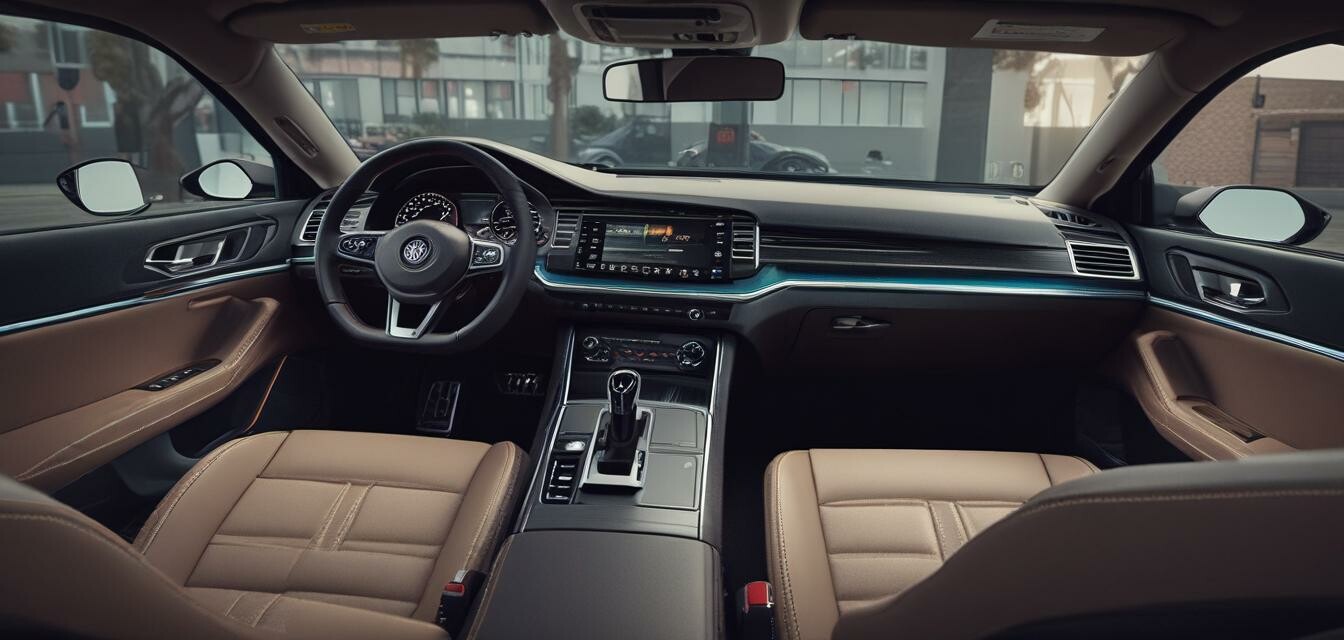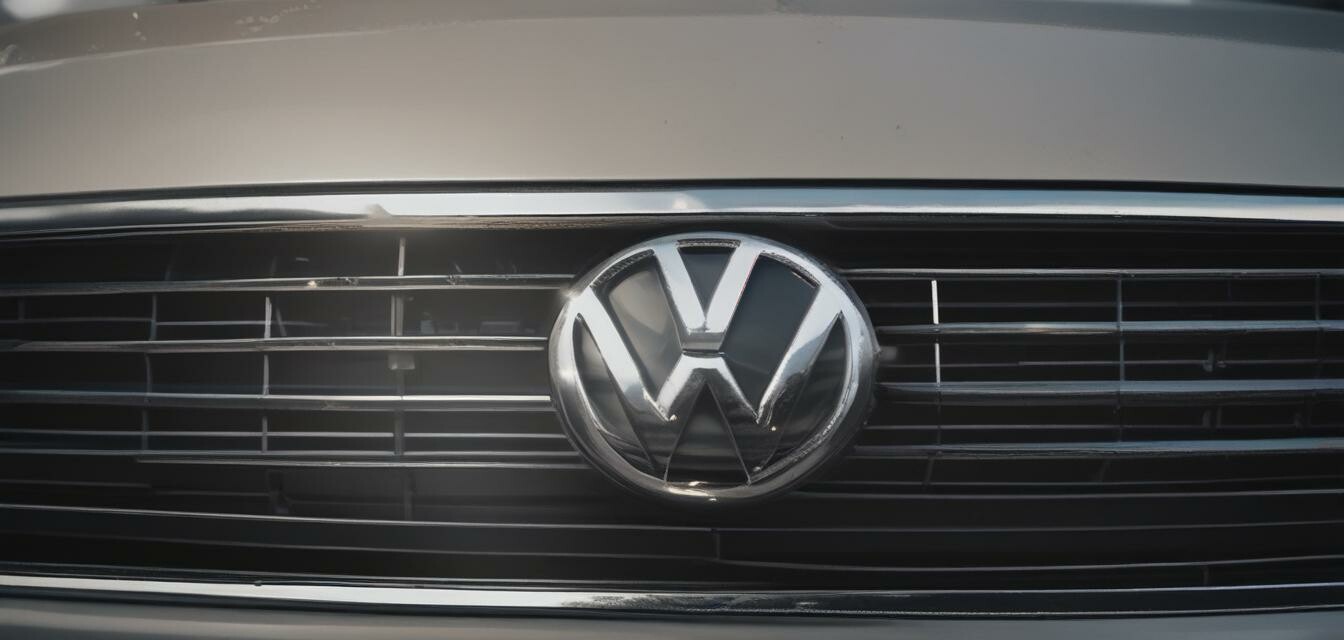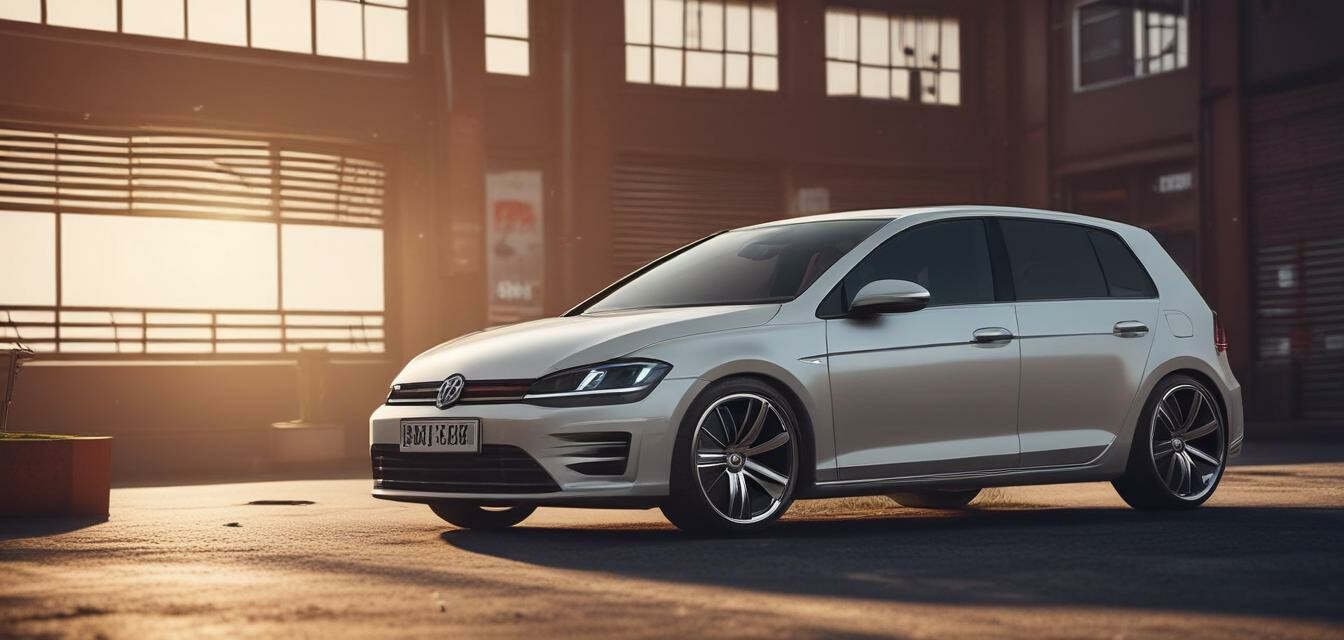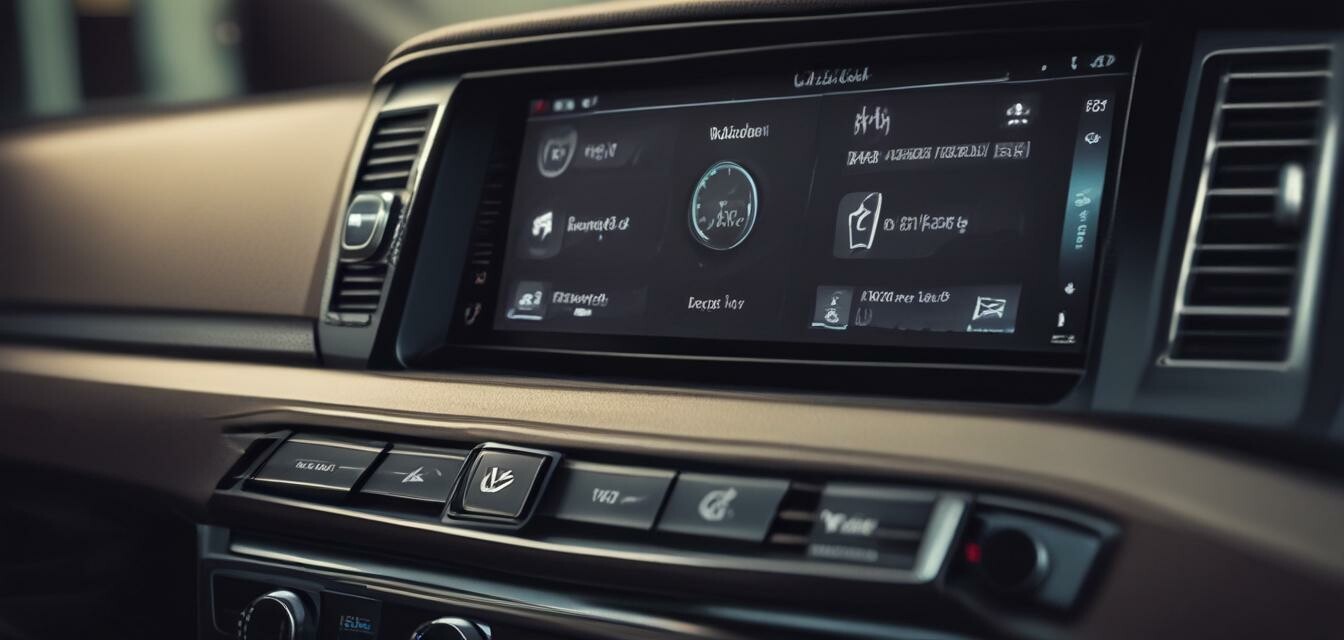
VW Engine Tuning
Key Takeaways
- VW engine tuning significantly enhances performance and fuel efficiency.
- ECU tuning allows for custom parameters to optimize your engine.
- A variety of performance parts can support engine tuning efforts.
- Understanding your specific VW model is crucial for successful tuning.
Welcome to our comprehensive guide on VW engine tuning! If you’re a Volkswagen enthusiast or owner looking to boost the performance of your vehicle, you're in the right place. This article covers everything you need to know about engine tuning and how to optimize your VW for better performance, including ECU tuning and necessary components.
What is VW Engine Tuning?
VW engine tuning refers to modifications made to enhance the power, responsiveness, and efficiency of Volkswagen vehicles. This can cover various aspects such as adjusting the ECU, upgrading performance parts, or modifying your vehicle's exhaust system. The goal is to ensure that your VW performs at its best, whether for commuting or track racing.
Benefits of Engine Tuning
Tuning your VW engine can lead to several benefits, including:
- Increased horsepower and torque
- Improved fuel efficiency
- Optimal throttle response
- Enhanced engine sound
Understanding ECU Tuning
One of the most common methods of VW engine tuning is ECU tuning. The engine control unit (ECU) manages various engine functions, and by reprogramming it, you can take advantage of performance enhancements.
| Aspect | Description |
|---|---|
| What it does | Adjusts engine parameters for better performance. |
| Tools Needed | OBD-II scanner and tuning software. |
| Benefits | Personalization of throttle response and fuel maps. |
Essential Components for Tuning
To get started with tuning your VW engine, you will need specific components. Below is a list of essential parts:
- Performance exhaust system
- Cold air intake
- Performance chip or ECU programmer
- Tuning tools and software
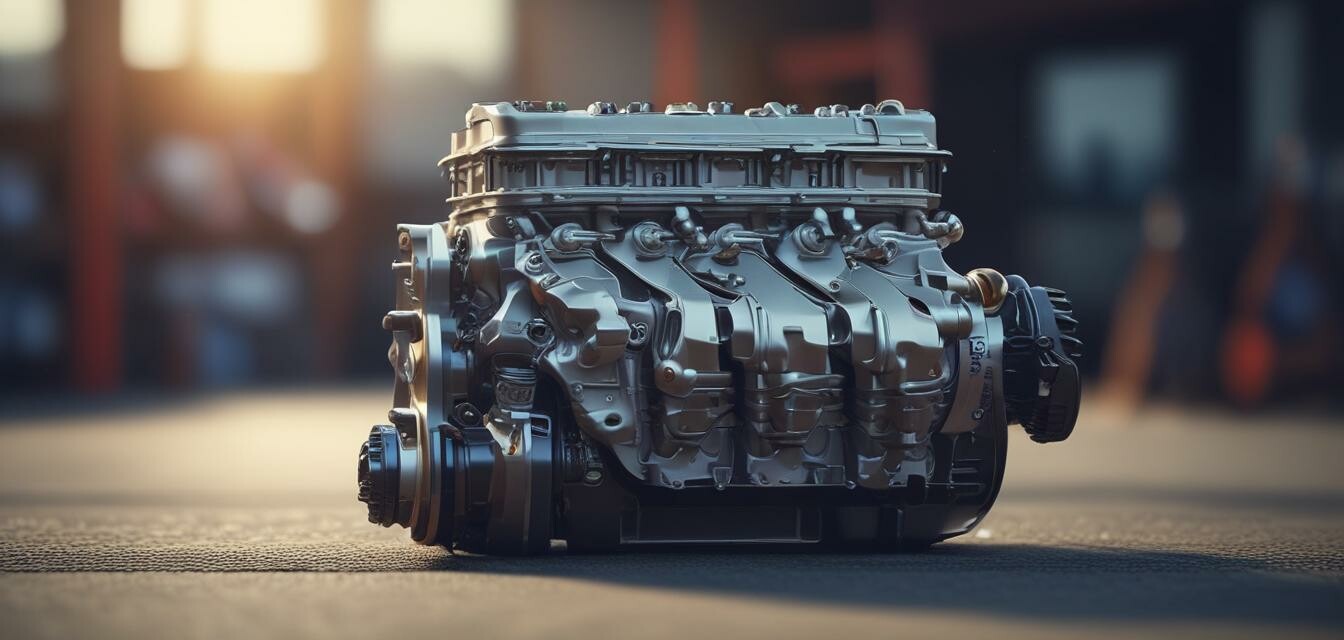
Choosing the Right Tuning Parts
When selecting parts for your VW engine tuning, consider the following factors:
- Your vehicle model
- Your driving needs and style
- Your budget
- Compatibility with existing components
Performance Parts Comparison
| Part Type | Performance Gain | Cost Estimate |
|---|---|---|
| Cold Air Intake | 10-15 HP | $200-$500 |
| ECU Tune | 20-50 HP | $300-$800 |
| Performance Exhaust | 15-25 HP | $400-$1200 |
DIY Tuning vs. Professional Tuning
Deciding between DIY tuning or professional help can be challenging. Here’s a quick breakdown:
Pros of DIY Tuning
- Cost-effective
- Learning experience
- Full control over modifications
Cons of DIY Tuning
- Requires technical knowledge
- Risk of damaging components
Maintaining Your Tuned Engine
After tuning, maintaining your VW engine is crucial to ensure peak performance. Here’s how:
- Regular oil changes
- Frequent inspections of performance parts
- Using high-quality fuel

FAQs about VW Engine Tuning
1. Is engine tuning safe for my VW?
Yes, when done correctly by either you or a professional, engine tuning is safe and can enhance performance.
2. Will I lose reliability with tuning?
Maintaining proper tuning and using quality parts can preserve reliability while improving performance.
3. How much does tuning a VW engine typically cost?
The cost depends on selected parts and the extent of tuning; it can range from a few hundred to several thousand dollars.
4. Can I tune my VW on my own?
Yes, DIY tuning is possible, but ensure you have the required knowledge and tools.
5. What are the risks of tuning?
Improper tuning can lead to engine damage. Always ensure you follow guidelines or consult a professional.
Final Tips for Successful Tuning
Tips for Beginners
- Start with a plan defining your performance goals.
- Research compatible parts for your specific model.
- Consider joining VW enthusiast forums for shared experiences.
Get Started with Your Tuning Journey
Now that you have an overview of VW engine tuning, it’s time to take the next step. Visit our categories below for further products and equipment to kickstart your journey:
